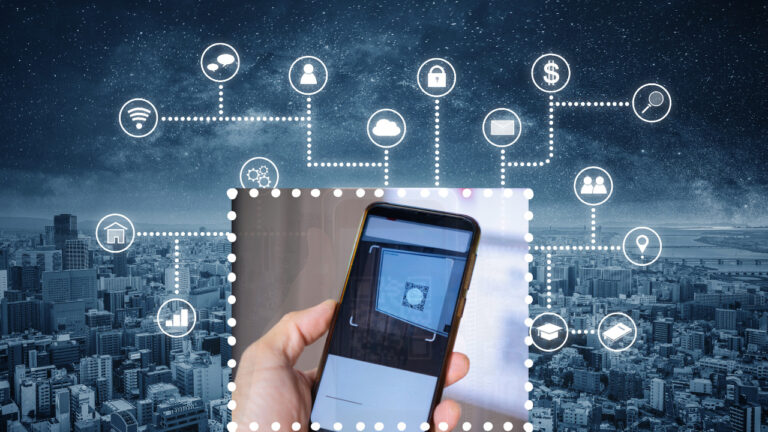
QR Codes Are a Threat to Cybersecurity – Why?
My personal rule is to never scan a QR code, but
QR codes are everywhere and while they are super convenient, they can also pose a threat to cybersecurity.
Here’s why you should remain vigilant.

My personal rule is to never scan a QR code, but
QR codes are everywhere and while they are super convenient, they can also pose a threat to cybersecurity.
Here’s why you should remain vigilant.
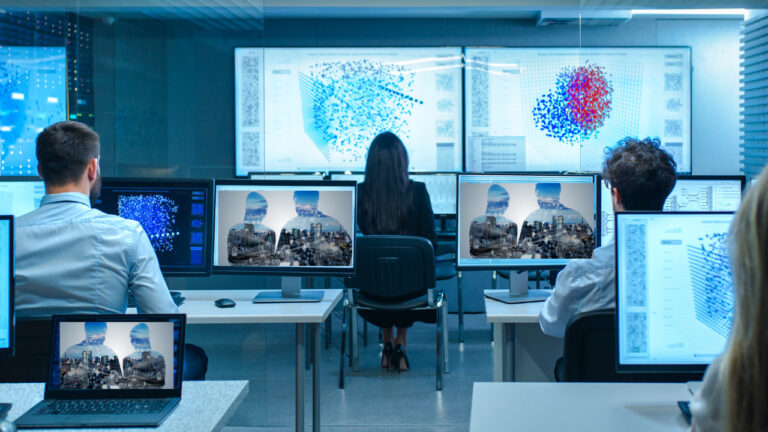
Social digital points are not only being introduced in China.
Governments worldwide are using mechanisms to collect private and personal data from their citizens to decide which public services they should receive and which not.
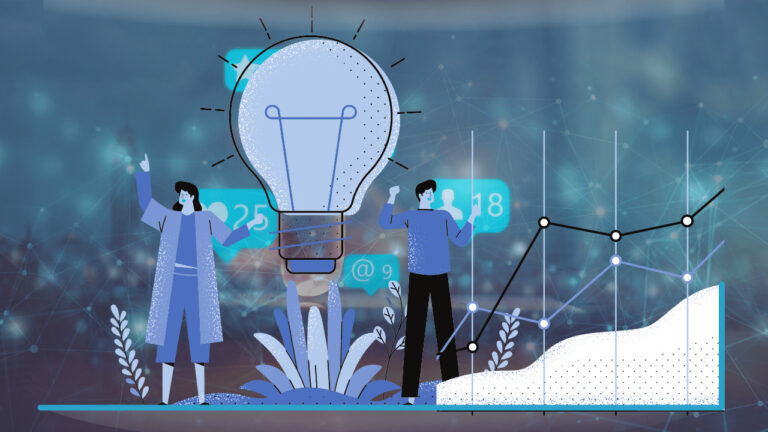
Big tech platforms are as crucial today as mail, bank loans, telephony, and other essential services, around which businesses structure their operations. Here I explain to you what big tech dependency means, and also how you can escape the rabbit hole.
Why? In the last decade, many content-driven businesses have fully entered the digital world. This shift has inevitably tied them to platforms managed by tech companies or made them dependent on large tech corporations.
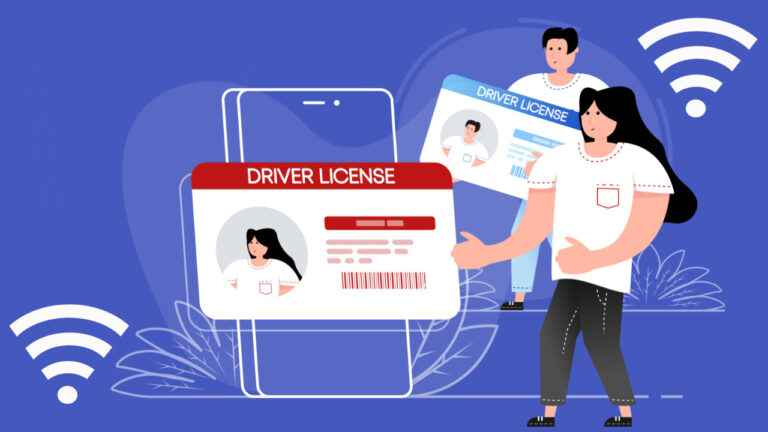
This can only mean one thing:
No more anonymity.
Numerous countries are considering age verification for internet use. This is to ensure that the little ones are protected from the wild things on the internet.
But is it really about protecting children, or is it about collecting data?
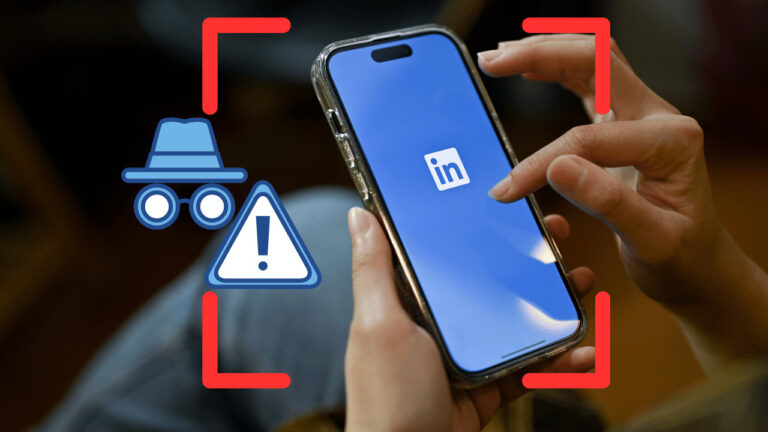
On social media platforms, hundreds of LinkedIn users have reported that their account has been hacked.
Here you will learn how to protect your account.
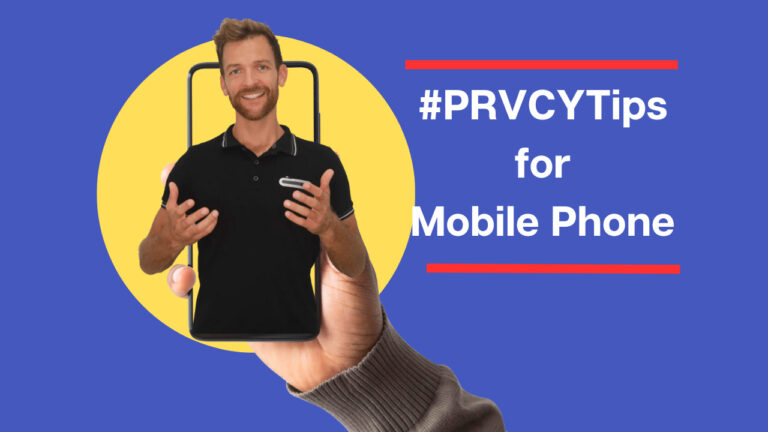
In an era where our smartphones store a wealth of sensitive information, it is of utmost importance to ensure your privacy and security. Embark on a journey of digital empowerment as we explain 8 indispensable privacy strategies tailored specifically for your mobile device.
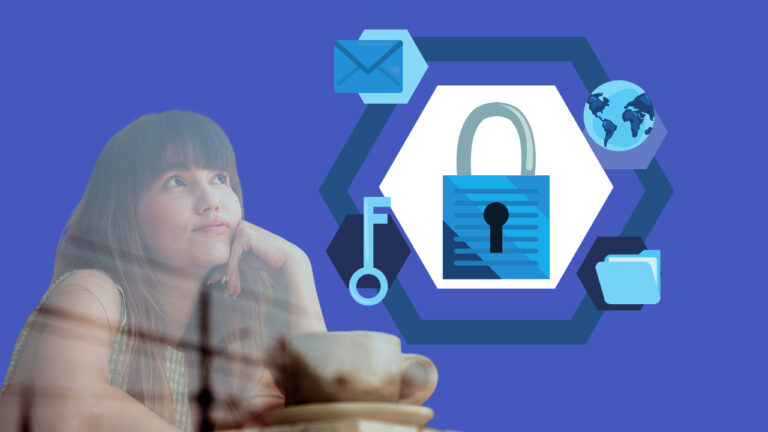
In a world that is constantly changing due to technology, it’s not just something you learn, but a smart move that can truly make you successful when you secure yourself well online.
These 3 tips are variations of the cybersecurity measures that major tech companies take to ensure the protection of their business data.
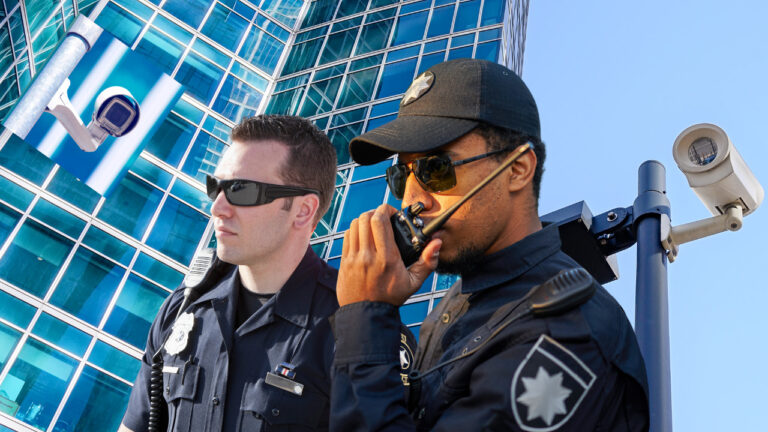
You’ve probably noticed the video cameras sprouting up everywhere, on city streets and public squares. Yes, these insidious Closed-Circuit Television (CCTV) cameras have become the new police in our lives.
Since the development of technology, police authorities around the world have found new ways to catch criminals, but now we are all suspects.

Our home is the most valuable material asset in our lives. This means that many of us expend considerable effort to make our houses pleasant and comfortable. However, many homeowners do not realize that comfort is not only derived from the best furniture or architectural innovations.
There are some invisible factors, silent thieves as I like to call them, that affect the health of your home. Electromagnetic radiation is one of these factors that can have serious impacts on our health and well-being. Fortunately, homeowners have become vigilant and are increasingly aware of the need to protect against EMF.
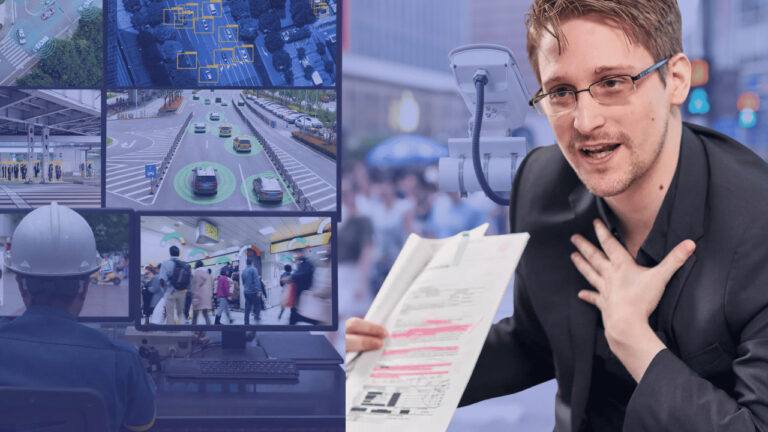
Edward Snowden has shaped the topic of digital PRVCY because he believes that everyone deserves a separation between their private life and their right to intimacy. Snowden has been warning about the rapid advances in surveillance technology since 2013, for ten years now, and today we want to remember his commitment to digital privacy.

7 ways Big Tech is stealing your data right now, and how to stop it in 10 minutes.